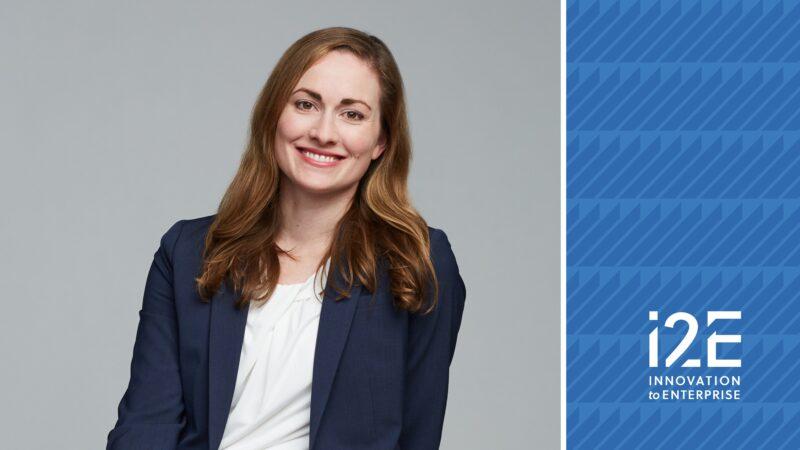By Scott Meacham
Copyright (©) 2015, The Oklahoma Publishing Company
Suppose you are an Oklahoma entrepreneur with a great idea.
You believe in your concept — maybe it’s even a spin-out from one of Oklahoma’s outstanding research institutions. But you are also thorough.
You want other opinions. You want to increase your odds of success. You don’t want to build a business based solely on your own intuition and experience.
So you talk to your family and friends. You run your idea by trusted mentors and other entrepreneurs. Maybe you even share your concepts with a couple of angel investors that you’ve gotten to know.
Based on the feedback you get from all these folks, you make some tweaks and add some features. You may even take away a few.
Then you build a prototype.
But when you show it to a few potential customers, you get a surprise.
They don’t think your idea is as great as you and your acquaintances thought it was. They don’t shoot it down, but they sure aren’t clamoring to be early adopters.
When you ask if your solution would be something they would be willing to pay for, they either tell you they don’t know, or they shake their heads and say probably not.
And there you are. You’ve invested scarce resources to create a prototype based on a concept that you haven’t yet validated with the target markets you plan to serve.
And when you finally do start asking them the “hard questions,” you find out that you’ve created a solution that the market doesn’t want to buy or won’t pay what you need to earn a decent return on your time and investment.
This is why so many startups fail. Not because they can’t raise investment capital or they run out of cash. They fail because they don’t have customers.
It doesn’t matter what anyone else thinks about your solution. The only opinion that matters is your target market and customers.
Wouldn’t it make more sense to tailor a concept to a target market before you build a prototype?
Wouldn’t it be better to change earlier, based on customer feedback?
We think so. That’s why we are working on a front-door process that will help technology startups in Oklahoma start with market validation.
In three weeks of work, our venture assessment immersion program can help entrepreneurs determine whether their concept matches a need in the marketplace.
If not, does the market suggest a way to improve? If not, then the entrepreneur knows not to waste more time and money on an idea no one will buy.
He or she can invest that energy in coming up with another idea.
And that’s the great thing about true entrepreneurs. They never have just one idea.
Scott Meacham is president and CEO of i2E Inc., a nonprofit corporation that mentors many of the state’s technology-based startup companies. i2E receives state appropriations from the Oklahoma Center for the Advancement of Science and Technology. Contact Meacham at [email protected].
Did You Know? According to Bloomberg, eight out of 10 entrepreneurs who start businesses fail in the first 18 months.
Read the article at newsok.com








